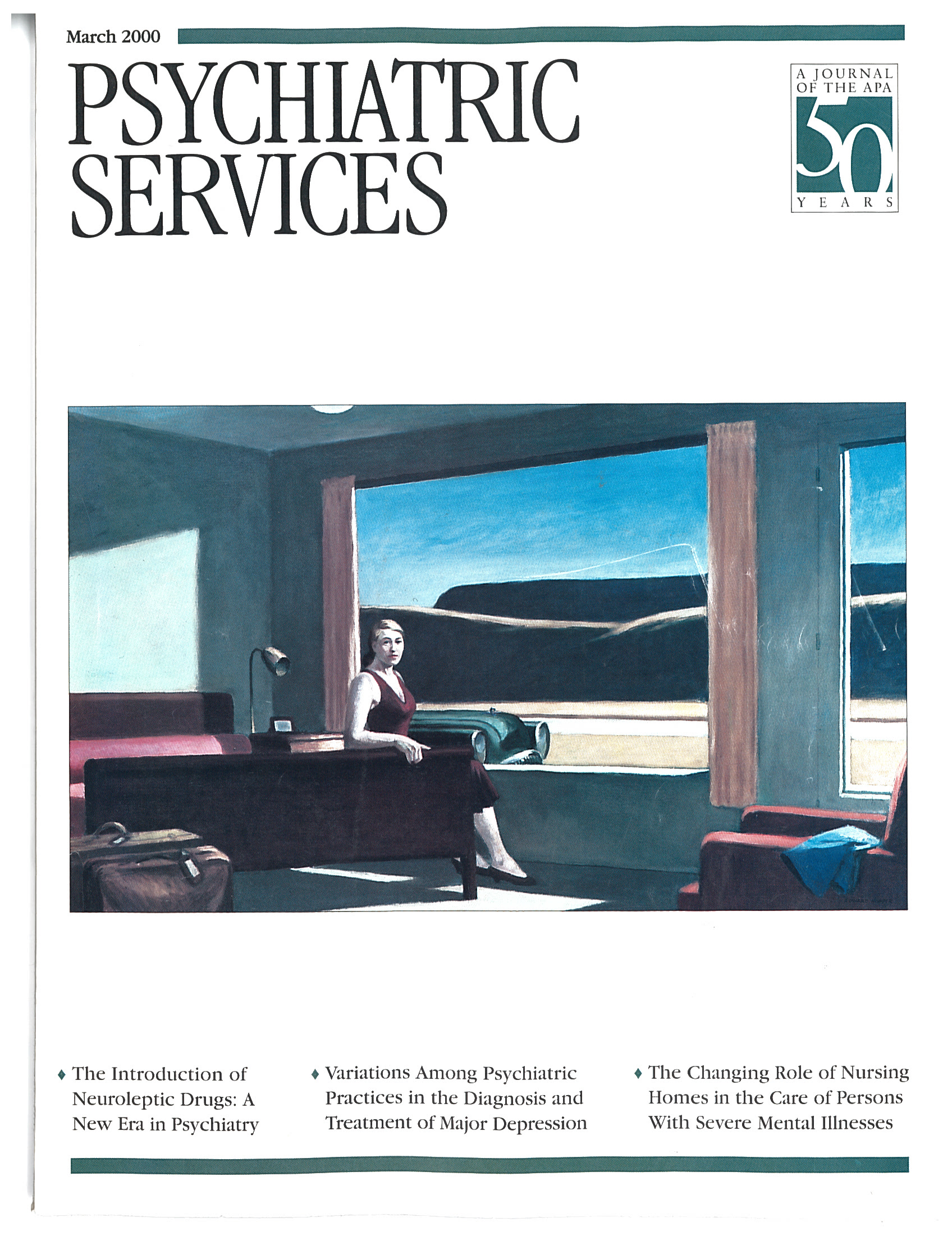No Forced Drugging
In Reply: Mr. Oaks is either seriously misinformed or is misrepresenting the facts regarding severe psychiatric disorders. Since his organization sells on its Web site (1) such books as Mass Murderers in White Coats: Psychiatric Genocide in Nazi Germany and the United States and also has been shown to have close ties to Re-evaluation Counseling (2), a group whose founder was originally a Scientologist and which offers itself as an alternative to psychiatry, the latter seems at least as likely as the former.
I do indeed assert that schizophrenia and bipolar disorder are diseases like tuberculosis, the main difference being that the brain rather than the lungs is affected. Hundreds of studies, many done on medication-naive patients, have shown severely mentally ill individuals to have enlarged cerebral ventricles, loss of medial temporal gray matter volume, increased white matter hyperintensities, increased neurological and neuropsychological abnormalities, and decreased prefrontal cortical function, including impaired awareness of illness. Such studies prove that these individuals have brain diseases and are not merely "people in severe crisis," as Mr. Oaks alleges.
Mr. Oaks is correct that antipsychotic medications alter the cellular (neuronal and glial) structure and function of the brain. So do the medications used in epilepsy, Parkinson's disease, and other diseases of the brain. If they did not cause such changes, they probably would not be effective in reversing the symptoms of the disease.
The major issue raised by Mr. Oaks is what he calls "forced drugging." Mr. Oaks and his small group of "psychiatric survivors" live very comfortably on federal funds. Mr. Oaks, for example, recently received a grant from the Center for Mental Health Services to attend an international meeting in Santiago, Chile. Meanwhile, at least 150,000 untreated severely mentally ill individuals live on the streets, are regularly victimized, and often rely on garbage cans for their sustenance. The Department of Justice recently reported that 283,800 additional severely mentally ill individuals are in jails and prisons; most of them are there for crimes related to the symptoms of their untreated illness.
Mr. Oaks and his supporters would leave these severely mentally ill individuals on the streets and in jails and prisons, even though most of them have no awareness of their illness and will therefore never voluntarily seek treatment, no matter how attractive the services are. This is a cruel and inhumane course, especially now that we have medications to which many, but not all, severely mentally ill individuals will respond. For every antitreatment advocate like Mr. Oaks, there are literally hundreds of people with severe mental illnesses who have been able to get on with their lives because of involuntary treatment.
It is incumbent on all mental health professionals to publicly support treatment for those who cannot speak for themselves. If we do not, we cede the floor to Mr. Oaks and his small but noisy handful of followers, whose major interest appears to be their own.
1. http://www.mindfreedom.org/MadMarket/index.htmlGoogle Scholar
2. O'Hartigan MD: The psychotherapy conspiracy to rule the world. PDXS, Sept 11–24, 1998, pp 3-6Google Scholar



